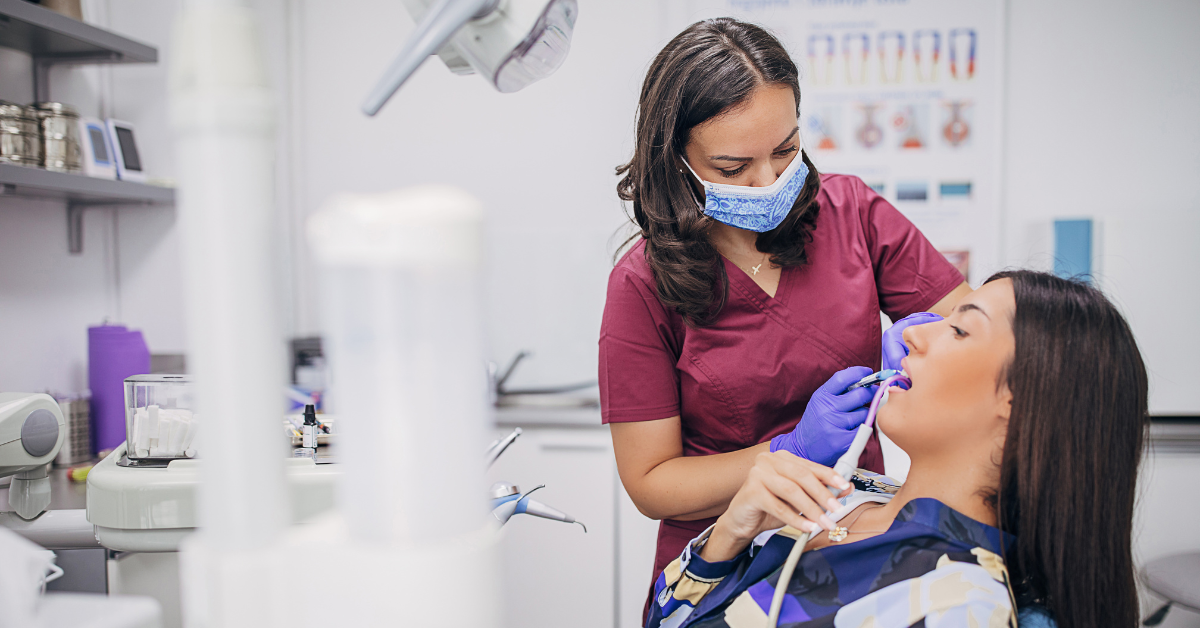Access and Patient Journey Issues
The UK dental system faces significant access challenges, with many areas experiencing “dental deserts” where NHS dental provision is severely limited. For example, parts of eastern England like Norfolk and Waveney have only 31 NHS dentists per 100,000 people – significantly below the national average[9]. This scarcity creates intense competition for patient appointments and makes efficient patient journey management crucial.
Clinical Information Gaps
A major operational challenge identified by NHS England and stakeholders is that many dental services lack access to appropriate and accurate clinical information at the point of care[6]. This information deficit hampers efficient patient management and treatment planning, creating a need for better CRM and patient management systems like those offered by DentalPX[1].
Outdated Funding and Contracting Models
The current NHS dental contract system is based on 2006 activity levels rather than current patient need[5]. This misalignment between funding allocation and actual demand creates financial pressures on practices, making it essential to maximise commercial opportunities from each patient interaction – exactly what DentalPX aims to achieve through streamlined patient journeys[1].
Supporting Financial Statistics
Scale of Investment and Inefficiency
The NHS in England spends £3.4 billion annually on primary and secondary dental care services, handling over 1 million patient contacts weekly[8]. However, the research indicates that “financial inefficiencies could be reduced and better value for money secured”[8], suggesting significant room for improvement in operational efficiency.
Patient Experience and Confidence Issues
Ongoing research by the GDC reveals persistent issues with public access to services, affordability concerns, and confidence in dentistry[4][7]. These factors directly impact patient acquisition and retention, making professional patient journey management services increasingly valuable.
The DentalPX Solution Context
Given these challenges, services like DentalPX become essential because they address multiple pain points simultaneously: they optimise the patient experience during critical first interactions, maximise conversion of enquiries into appointments and ensure efficient follow-up processes[1]. In a system where demand exceeds supply and funding models are misaligned with current needs, practices must operate with maximum efficiency to remain viable while serving patient needs effectively.
The combination of £3.4 billion in annual spending, widespread access issues and identified inefficiencies creates a compelling business case for patient journey optimisation services in the UK dental market.
References:
[1]: https://dentalpx.co.uk/
[2]: https://www.gov.uk/government/news/more-nhs-dentistry-for-those-who-need-it-most
[3]: https://www.kingsfund.org.uk/insight-and-analysis/long-reads/dentistry-england-explained
[4]: https://www.gdc-uk.org/about-us/what-we-do/research/our-research-library/detail/report/views-and-experiences-of-dentistry-2022-survey-of-the-uk-public
[5]: https://commonslibrary.parliament.uk/research-briefings/cbp-9597/
[6]: https://digital.nhs.uk/services/podac/dentistry
[7]: https://www.dta-uk.org/news/public-views-and-experiences-of-dental-care-in-the-uk
[8]: https://www.england.nhs.uk/wp-content/uploads/2014/02/imp-dent-care.pdf
[9]: https://dentistry.co.uk/2025/05/02/plan-for-change-how-is-nhs-dentistry-being-fixed/
[10]: https://en.wikipedia.org/wiki/Dentistry



